The thyroid is a small neck gland located in front of the trachea and below the larynx. It produces hormones that are carried through the bloodstream to your body’s tissues, and it controls your metabolism.
Thyroid Disorders
Your thyroid regulates the amount of energy used by your body’s organs, and it controls oxygen and heat consumption. A thyroid gland that is either underactive or overactive can cause hormonal imbalances that affect the various organs of your body.
An underactive thyroid gland produces too little thyroid hormone, causing the body’s metabolism to slow down. Known as hypothyroidism, this leads to sluggishness and a variety of symptoms including fatigue, depression, weight gain, feeling cold, constipation, and dry skin. It is most often linked to Hashimoto’s Disease, a condition in which the immune system attacks the thyroid gland, limiting its capability to produce hormones.
With hyperthyroidism, the thyroid gland has the opposite problem: it is overactive, producing too much thyroid hormone and speeding up metabolism. This leads to muscle weakness, rapid heartbeat, irritability and anxiety, trembling hands, weight loss, fatigue, diarrhea, vision problems, and an increased sensitivity to heat. The most common cause is Grave’s Disease; like Hashimoto’s Disease, the immune system produces antibodies that attack the thyroid gland but in this case, the result is an overproduction of hormones.
Occasionally, a small lump will form on the thyroid gland. These growths, called thyroid nodules, are rarely cancerous but can lead to complications if they grow too big. They may cause pain, swelling, hoarseness, and difficulty swallowing or breathing.
Diagnosis & Treatment
Thyroid disorders are usually diagnosed through tests that measure the levels of thyroid hormones in the blood. A radioactive iodide uptake test tracks how much iodide is absorbed by the thyroid gland, a good determination of the gland’s hormone production. Thyroid nodules are evaluated with ultrasound exams, and biopsies can test for thyroid cancer.
Most treatments involve drugs or surgery. Hypothyroidism requires lifelong synthetic thyroid hormone replacement, while hyperthyroidism may be treated with radioactive iodide, anti-thyroid medications, or surgery.
